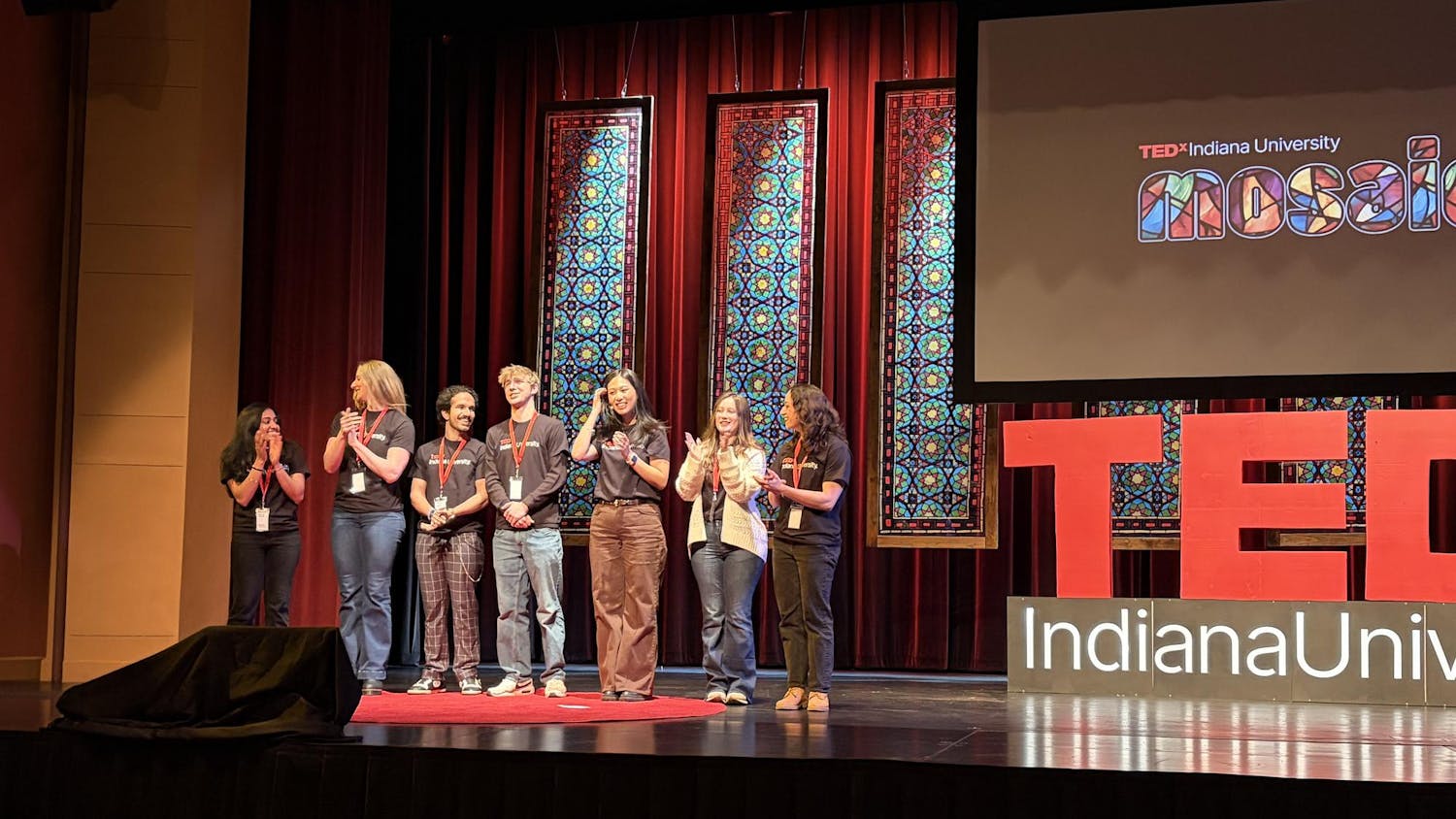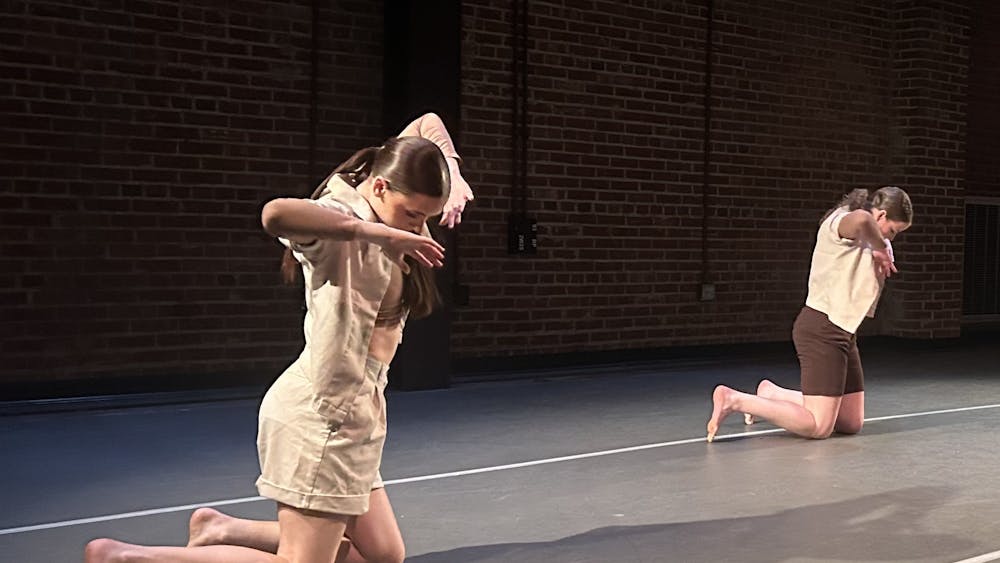This past summer, I interned in Washington, D.C. with the Fund for American Studies, an education nonprofit focusing on engaging young, aspiring professionals to better themselves in their careers.
Every Monday, the program would bring in a professional from one of the programs, an alumni or professional in some field around the district. This gave students a look into their potential careers and allowed some different perspectives.
There is a strong line between contrasting perspectives and pushing a belief on someone. TFAS, as it was affectionately called by me and the other students, did a pretty fair job at avoiding this.
About midway through the summer, it brought in conservative columnist George Will of the Washington Post to speak with us. One of his opening lines highlighted how political correctness is ruining the United States.
From there on, the speech made just about every mouth in the room drop open. Half of the room was smiling, the other half in pure shock.
He spoke to us about many issues, which I won’t get into because I truly believe there is a place and time for anyone’s opinion, and it’s not my job, as an observer, to condone or condemn someone’s opinion. However, what he said appealed to a more conservative audience, and it was fairly obvious.
Leaving the presentation, you could feel an immediate shift in the dynamic in my program. Of the 300 students in that lecture hall, it was almost perfectly split between the appalled and the elated.
“It’s so nice to finally hear it come out of someone’s mouth,” I overheard one of my more conservative friends say to her group as they walked out.
She finally felt heard and affirmed by someone after feeling like she had to hide her opinions for most of the summer, because many students in my program were fairly liberal.
On the opposite side of the room and the spectrum, a student who lived on my floor could not contain his disgust. He immediately began to rant to his friends, who nodded their heads vigorously, also in shock of hearing an opinion different from theirs.
I walked out silently with one of my friends and noticed two groups of people standing far off from each other. One group with looks of calm and interest in their eyes, finally hearing someone stand up against the “PC culture” that many people have said is ruining political discourse in our country, the other with sadness and shock, wondering how someone could be so politically incorrect.
There I was, observing the epitome of polarization.
We live in a world of biases. We see what we want to see, we follow who we agree with on Twitter and start Facebook comment wars with people we went to high school with about our beliefs.
One of my favorite parts of being abroad has been learning from so many different people, people from France, Italy, and even people from the U.S., and gaining their perspectives on an issue.
Just the other night I sat down to eat dinner with two friends, one of whom I have completely different political beliefs from, and we had a civil and even calm discussion on the election. There was understanding and acceptance, if not respect, for each other’s ideas.
Polarization is the leading issue in our current system. There is no discussion. There are words being thrown out like “working across the aisle,” but those same words are often thrown out with disdain and disgruntled acceptance.
There needs to be thoughtful conversation, conversations with respect. This starts with those two groups of people who refused to converse about a controversial speaker because they didn’t want to offend each other, or even more disheartening, they didn’t care what the other had to say because they felt they wouldn’t be able to change their minds.
It seems a bit more productive to try to stop changing everyone’s minds and start seeing into the minds of each other. Through this, compromise can be made, and conflict can turn into conversation.






